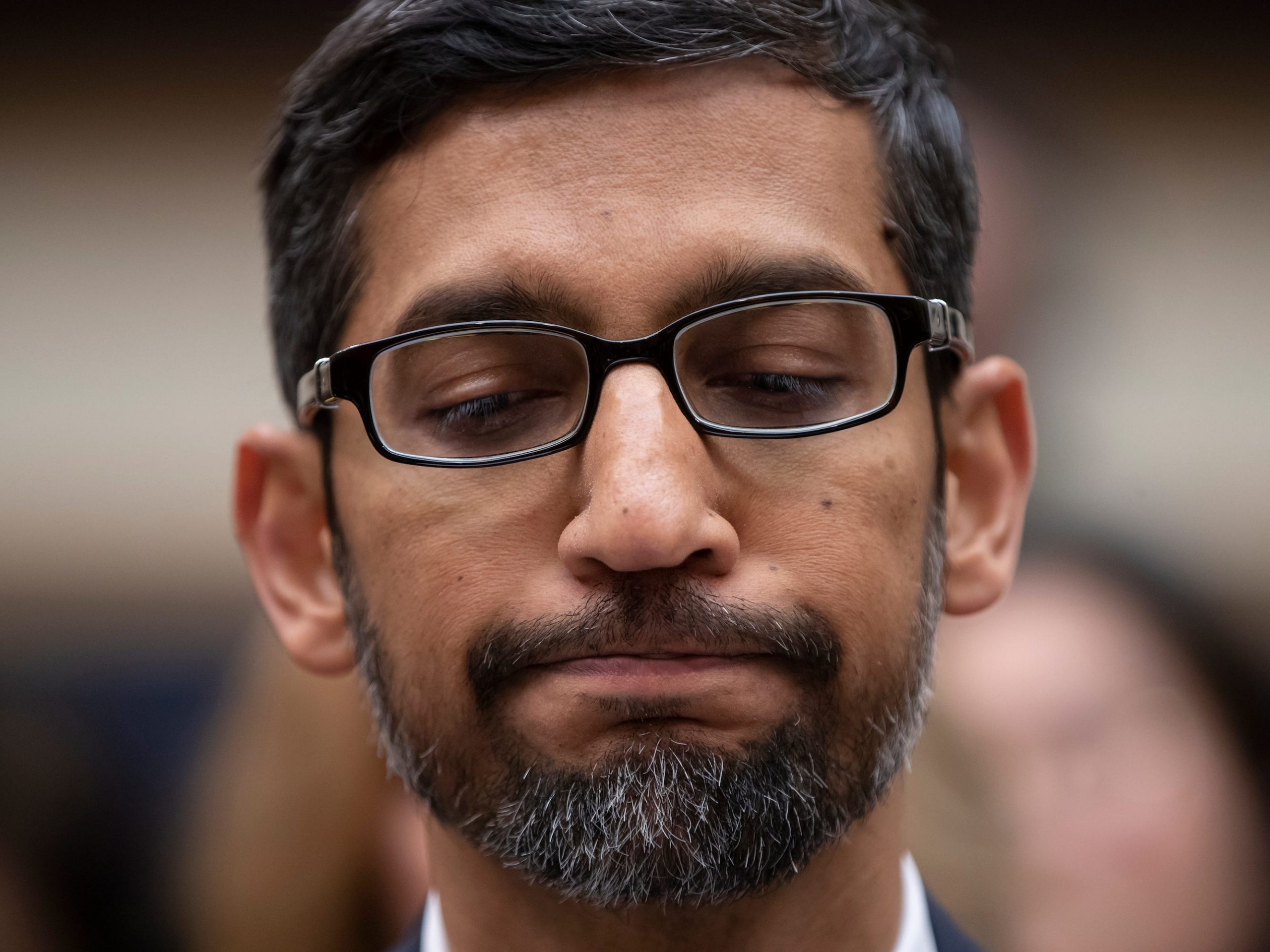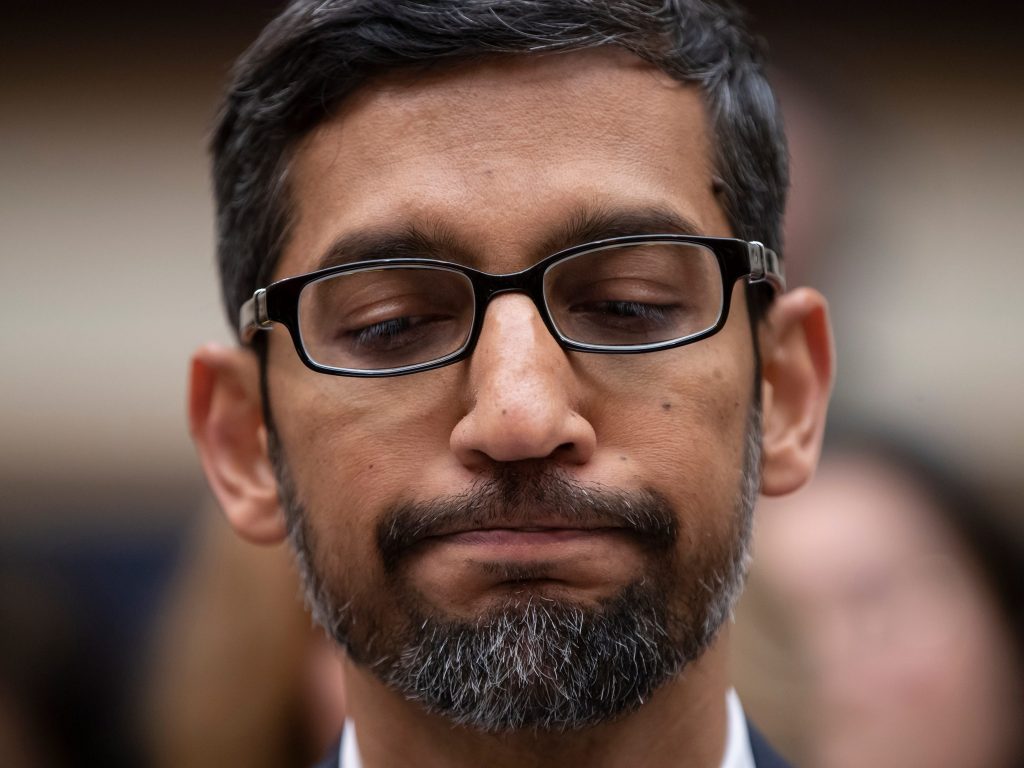
AP
- Ohio's attorney general says Google prioritizes its own products, like Google Flights, ahead of rivals' options.
- Ohio residents don't have access to all of their options as a result, the lawsuit says.
- It's the first lawsuit filed by a US state arguing that Google should be regulated like a public utility.
- See more stories on Insider's business page.
Ohio's Attorney General filed a lawsuit Tuesday against Google, arguing that the company should be treated and regulated as a public utility given its dominance in the search market.
"Google uses its dominance of internet search to steer Ohioans to Google's own products — that's discriminatory and anti-competitive," Ohio Attorney General Dave Yost said in a press release. "When you own the railroad or the electric company or the cellphone tower, you have to treat everyone the same and give everybody access."
Public utilities are entities deemed to provide essential goods and services to people, like water, telephone, gas, and transportation companies. The lawsuit argues that residents are left in the dark since they don't have the full breadth of information available when Google prioritizes its own products, like Google Flights, ahead of competitors like Orbitz or Travelocity.
The suit calls for Google to offer rivals' results as often as it does its own and stop placing its own products first. The lawsuit is not seeking monetary damages.
A Google spokesperson told Insider that "Google Search is designed to provide people with the most relevant and helpful results."
"AG Yost's lawsuit would make Google Search results worse and make it harder for small businesses to connect directly with customers," they continued. "Ohioans simply don't want the government to run Google like a gas or electric company. This lawsuit has no basis in fact or law and we'll defend ourselves against it in court."
Google also pushed back on the idea of classifying Google Search as a common carrier, or public utility.
Yost was one of 38 state attorneys general that collectively filed a federal lawsuit against Google in December over antitrust concerns. That lawsuit argued a similar anticompetitive case: Google designs its search engine layout to prioritize its own products over that of competitors.
Two months before that, in October 2020, the Department of Justice filed a landmark antitrust case against Google in what was the largest legal challenge in the company's history. The DOJ suit argued that Google has an unfair advantage in search and online advertising and claimed the company employs illegal, exclusionary business deals to stamp out smaller competitors and boost its position.
Both the DOJ lawsuit and the case led by 38 state attorneys general argue that Google violated the Sherman Act, a late 1800s antitrust law that prohibited businesses from forming a monopoly and anticompetitively dominating the market.
The act was used to break up Standard Oil in the early 1900s into dozens of companies like ExxonMobil and Chevron. It was also referenced in the US government's famous case against Microsoft in the 1990s.
Dit artikel is oorspronkelijk verschenen op z24.nl

